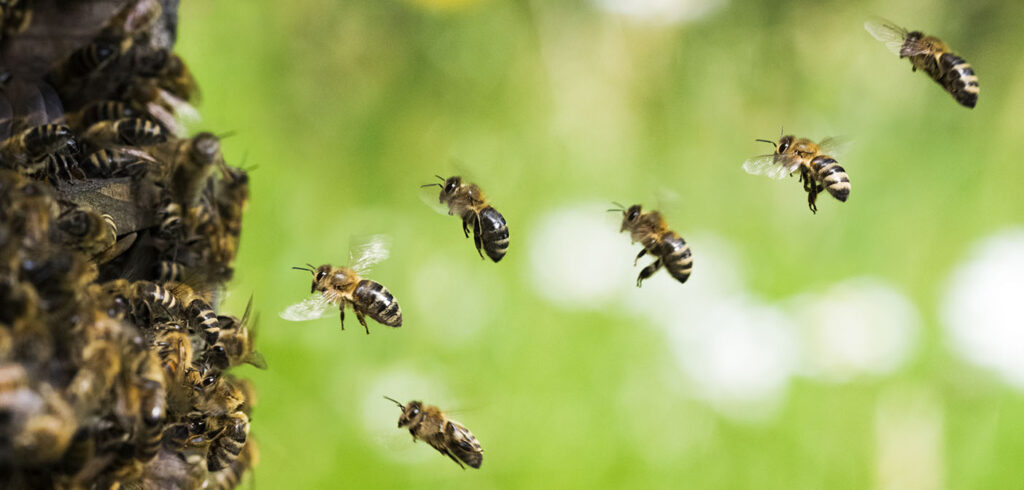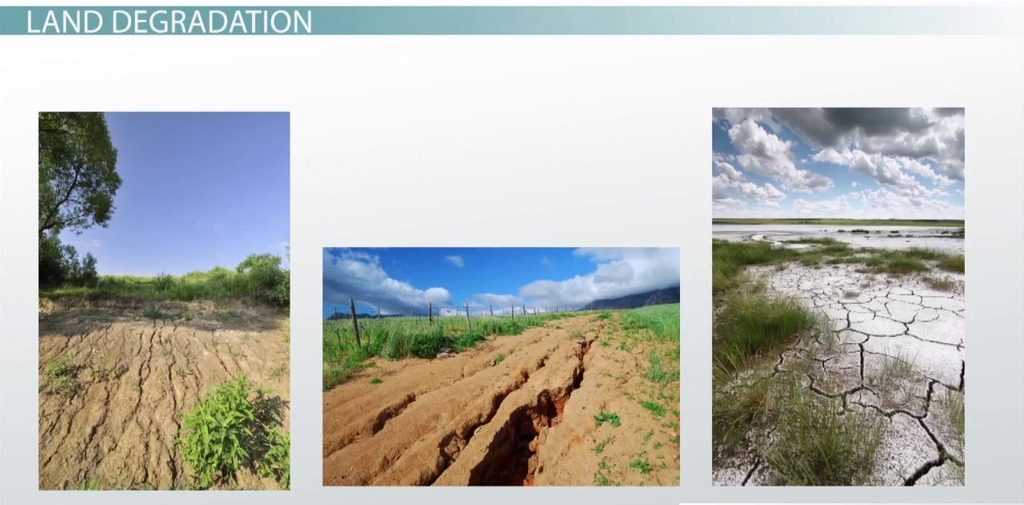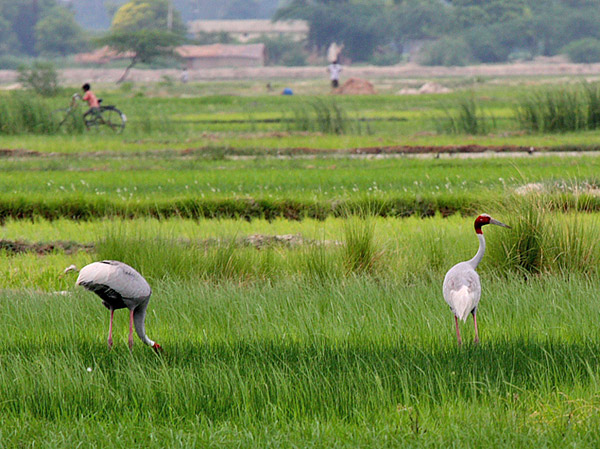The Art of Beekeeping: Boosting Crop Pollination
Beekeeping is an age-old practice that has been vital to human agriculture for centuries. Beyond the honey they produce, bees are essential pollinators for a wide variety of crops, from fruits and vegetables to nuts and flowers. In this article, we will explore the art of beekeeping and how it contributes to the crucial process of crop pollination.
The Importance of Pollination
Before diving into beekeeping, let’s understand why pollination is so vital for agriculture. Pollination is the process by which pollen is transferred from the male part of a flower (the stamen) to the female part (the pistil), enabling fertilization and the production of fruits and seeds. This process is essential for the reproduction of many plants, including those that make up a significant portion of our diets.
Without effective pollination, the yields of various crops would drastically decline, leading to food shortages and increased prices. Bees, along with other pollinators like butterflies and birds, play a critical role in this process. However, bees are arguably the most efficient and effective pollinators, making them invaluable to agriculture.
The Role of Bees in Pollination
Bees are exceptional pollinators due to their unique behavior and biology. When bees collect nectar from flowers, they brush against the flower’s reproductive structures, transferring pollen from one flower to another. This cross-pollination is essential for many plants to produce fruits and seeds. The entire process is a result of bees’ foraging instincts, making them natural and highly efficient pollinators.
Bee Diversity and Crop Variety
One of the remarkable aspects of bees is their diversity. There are thousands of bee species worldwide, and each species may have different preferences for the types of flowers they visit. This diversity aligns with the variety of crops we cultivate. Different crops require different pollinators, and bees are well-suited to pollinate a wide range of plants.
For example, bumblebees are excellent at pollinating tomatoes, peppers, and blueberries, while honeybees are essential for apple, almond, and citrus orchards. The presence of various bee species in an area can significantly benefit crop diversity and yield.
The Art of Beekeeping
Beekeeping is the practice of raising and maintaining bee colonies in hives. While some people keep bees primarily for honey production, beekeeping also plays a crucial role in supporting bee populations and crop pollination. Here’s how it works:
- Hive Management
Beekeepers manage hives to ensure the health and productivity of their bee colonies. This involves regular inspections, monitoring for diseases and pests, and providing the bees with adequate food when natural forage is scarce. - Hive Expansion
When a bee colony becomes strong and populous, beekeepers may split the hive into multiple colonies through a process called “splitting” or “swarming prevention.” This not only helps prevent overcrowding but also increases the number of bees available for pollination. - Honey Harvest
Beekeepers extract honey from the hives, but they do so in a way that leaves enough honey for the bees to feed on during the winter months. This ensures the survival of the colony and its ability to continue pollinating crops in the following season.
Benefits of Beekeeping for Crop Pollination
Beekeeping offers several significant benefits for crop pollination and agriculture as a whole:
- Increased Crop Yields
By keeping healthy bee colonies near their crops, farmers can significantly increase their yields. This is particularly important for crops that rely heavily on insect pollination, such as apples, cherries, and cucumbers. Higher yields mean more food on our tables and more income for farmers. - Crop Quality
Not only do bees increase crop yields, but they also improve the quality of the produce. Proper pollination leads to more uniform and well-formed fruits and vegetables, which are more attractive to consumers and have a longer shelf life. - Biodiversity Support
Beekeeping promotes biodiversity by providing safe habitats for bees. As urbanization and land use change threaten natural bee habitats, beekeepers play a vital role in ensuring the survival of bee populations. Healthy bee populations benefit wildflowers and other plants that rely on bees for pollination. - Sustainable Agriculture
Beekeeping is an integral part of sustainable agriculture. It reduces the reliance on chemical pesticides by promoting natural pollination processes. In turn, this contributes to healthier ecosystems and reduces the environmental impact of farming.
Getting Started with Beekeeping
If you’re interested in joining the ranks of beekeepers and contributing to crop pollination and sustainability, here are some steps to get you started:
- Educate Yourself
Before starting beekeeping, it’s essential to learn about bee biology, hive management, and beekeeping best practices. Consider taking a local beekeeping course or reading books on the subject. - Acquire the Necessary Equipment
You’ll need some essential equipment, including beehives, protective clothing, and tools for hive management. Ensure you purchase high-quality equipment to keep your bees and yourself safe. - Choose the Right Location
Select a suitable location for your bee hives. Bees need access to forage areas with a variety of flowers. Make sure your location provides a water source for the bees and meets local zoning regulations. - Start with a Mentor
It’s often beneficial to find an experienced beekeeper who can mentor you during your first few years. They can provide guidance and support as you learn the ropes. - Be Patient and Observant
Beekeeping requires patience and careful observation. Monitor your hives regularly and be attentive to your bees’ health and behavior. - Join a Beekeeping Association
Consider joining a local beekeeping association or club. These organizations provide valuable resources, support, and opportunities to connect with other beekeepers.
Conclusion
Beekeeping is not only a fascinating hobby but also a crucial practice for boosting crop pollination and supporting sustainable agriculture. By becoming a beekeeper, you can contribute to the health and biodiversity of your local ecosystem while enjoying the sweet rewards of honey production. As we continue to face challenges in agriculture, the art of beekeeping remains a beacon of hope for the future of our food supply and the well-being of our planet.





